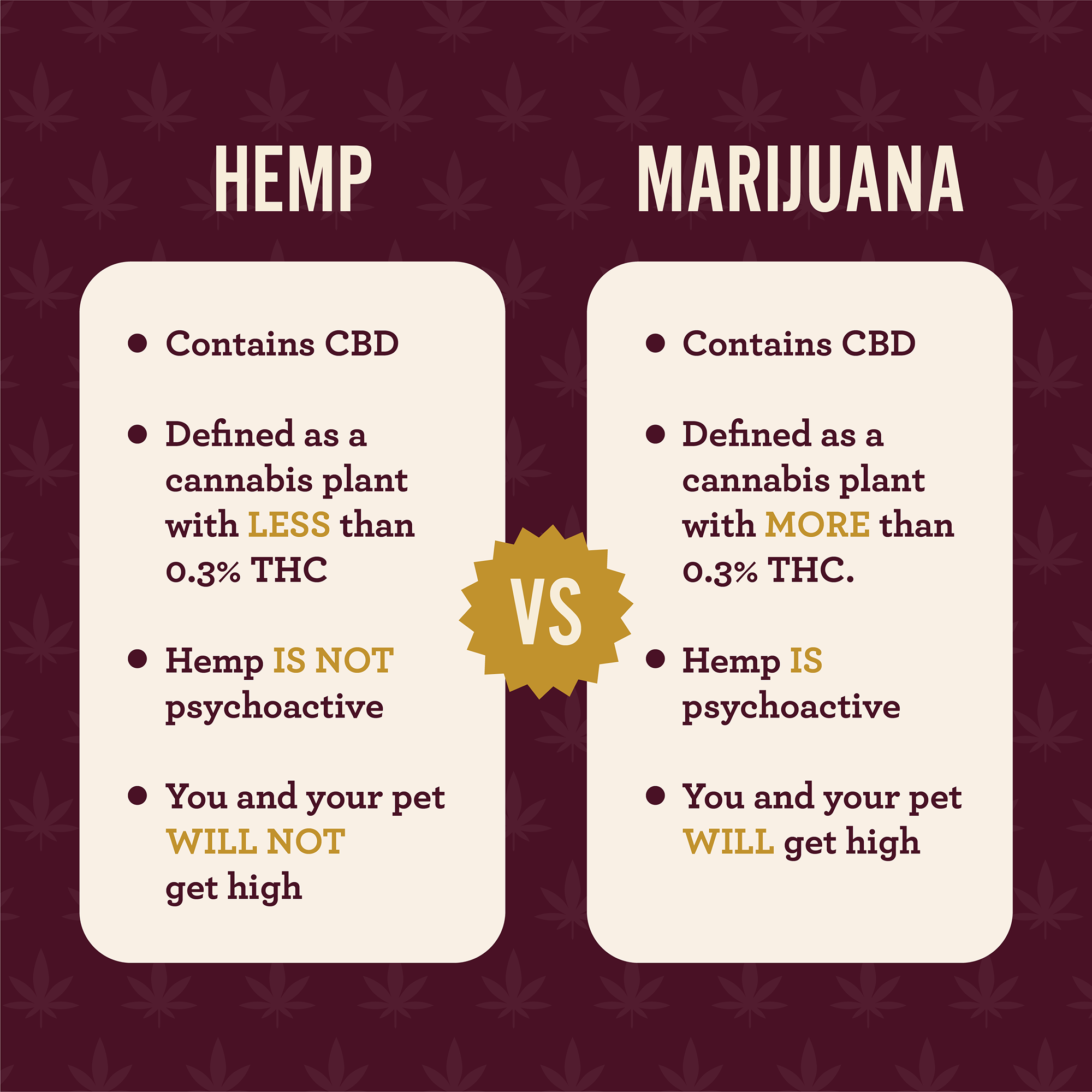Hungry Like the Wolf: Why Dogs Should Eat No More Than One Meal Per Day

In the world of domestic canines, the rising concern of obesity and related health issues has sparked a significant debate on optimal feeding practices. Interestingly, a look towards their wild ancestors, wolves, may provide insightful guidance. This article delves into why limiting dogs to one meal per day, akin to the feeding patterns of wolves, can be beneficial for their health.
The Wolf's Way: Infrequent, But Substantial
Wolves in the wild don't have the luxury of scheduled meal times. They eat when they hunt successfully, which may not happen every day. This irregular feeding schedule means wolves often eat large meals with longer periods of fasting. This pattern aligns with the theory that dogs, being descendants of wolves, may naturally be more suited to less frequent feeding.
The Obesity Epidemic in Domestic Dogs
The domestic dog’s lifestyle is vastly different from its wild counterparts. With regular feeding schedules and often less physical activity, obesity has become a growing concern. According to the Association for Pet Obesity Prevention, over half of the dogs in the United States are overweight or obese. This excess weight can lead to serious health issues like diabetes, joint problems, and decreased lifespan.
Health Benefits of One Meal a Day
Weight Management: Feeding dogs once a day can help control caloric intake, reducing the risk of obesity. This controlled feeding aligns more closely with their natural eating patterns, potentially leading to better weight management.
Improved Digestion: Fewer meals can mean less strain on the digestive system. When dogs eat less frequently, their digestive system has ample time to process each meal thoroughly.
Mimicking Natural Feeding Rhythms: Eating once a day can more closely mimic the feeding patterns of their ancestors. This may have evolutionary benefits, as their bodies are likely adapted to this style of feeding.
Enhanced Mental Stimulation: With less frequent feeding, dogs may become more excited and mentally stimulated at meal times. This can be particularly beneficial for indoor pets who have fewer opportunities for stimulation.
Considerations and Precautions
While there are potential benefits to feeding dogs once a day, it's not suitable for all dogs. Puppies, pregnant or nursing dogs, and dogs with certain health conditions may require more frequent feeding. Additionally, a sudden change in feeding frequency should be done gradually and under the guidance of a veterinarian to prevent digestive upset.
Aligning dogs’ feeding patterns more closely with their ancestral roots by limiting them to one substantial meal per day could offer several health benefits. However, this approach should be tailored to each dog’s individual needs and health status. As pet owners, it’s our responsibility to make informed decisions about our dogs’ diets, considering both their evolutionary heritage and their current health requirements.










